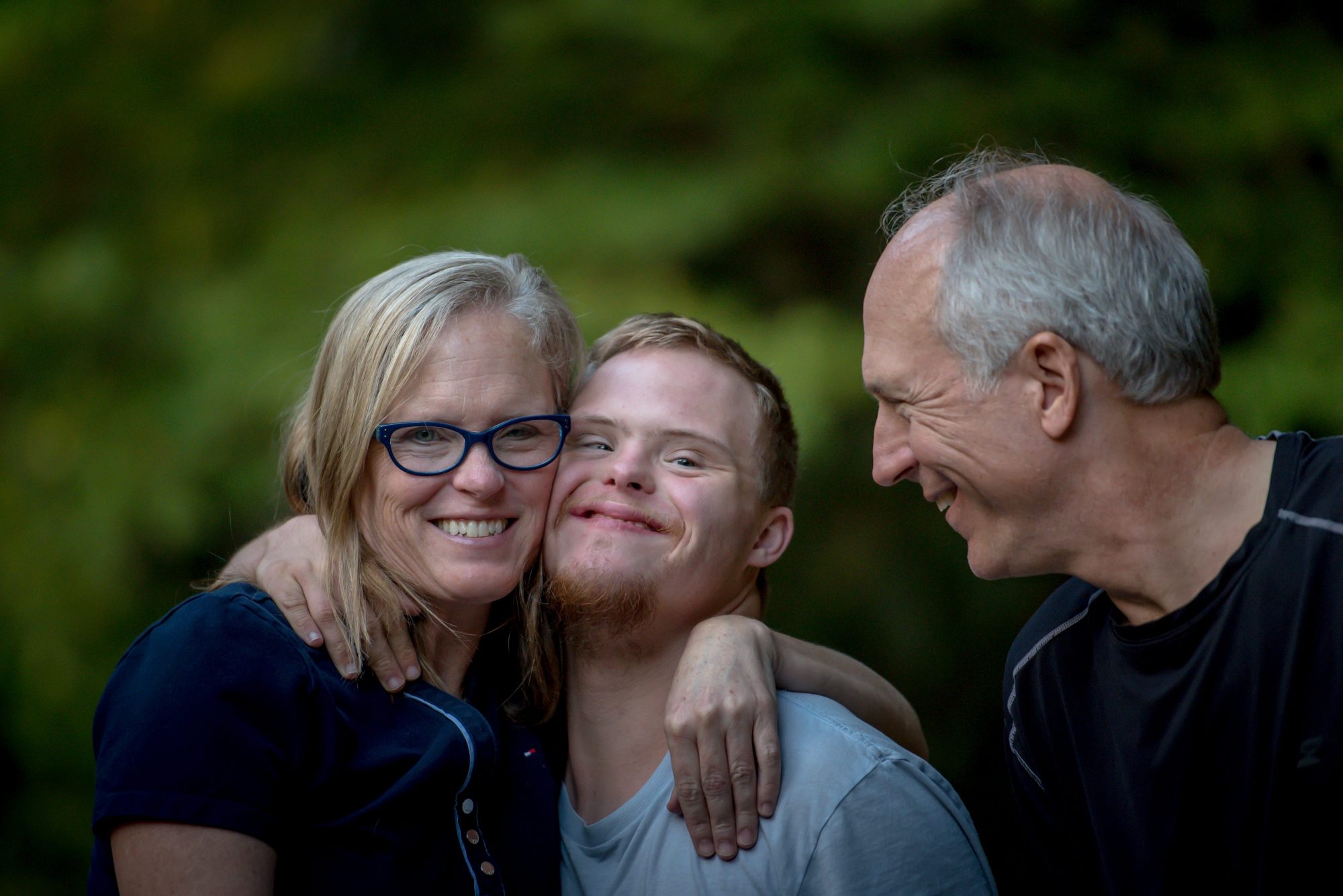Transition to adult social care from residential educational settings
Research team: Prof Peter McGill, Dr Nick Gore, Serena Brady & Nicola Elson
Research Project
We are no longer recruiting for this study. If you are an adult with a learning disability or autism or a family member and would like more information about this project, please see the attached poster.
Given national scrutiny relating to out of area placements for adults with learning disabilities, lack of evidence that they provide more specialised or better care than local placements, and the sometimes prohibitive costs of such placements, it is important to identify factors which may lead to an adult with a learning disability being placed out of area. Previous research suggests that prior placement in a residential school may contribute to placement out of the area as an adult. However, definitive evidence is lacking and this project seeks to explore the possibility of such a relationship and, more generally, to examine the transition process to adult social care placements following attendance at a residential school.
The project
The aims of the current project are:
- Based on a retrospective analysis of data derived from residential schools and adult commissioners, to examine the type and location of adult support settings where individuals who have transitioned from a residential school are placed.
- Based on qualitative analysis of interviews conducted with individuals who have been involved in the transition process, to examine factors which may lead to a young person being placed in- or out-of-area following the transition from a residential school.
Phase 1
Phase 1 of the project will involve seeking information from a sample of local authorities (both county and metropolitan areas) and all residential schools offering placements to children and young people with learning disabilities in England. Local authorities and schools will be asked to complete a short, anonymous questionnaire for each young person (funded by the LA, or a pupil at the school) who transitioned from a residential school within the past 3 years. The questionnaire will contain a series of tick box questions about the young person, their needs, and the type and location of their placement following the transition. It will be based on a questionnaire previously completed successfully by local authority commissioners as part of a study of high-cost residential placements. It should take no more than 10 minutes to complete for each young person.
Phase 2
Phase 2 of the project will involve interviewing 4 groups of individuals who have been involved in the process of transitioning into adult social care from a residential school. Specifically, 30 young people with intellectual disabilities, 30 family carers (not related to young people who take part), 30 commissioners, and 30 residential school staff will be interviewed. Interviews will last 30-60 minutes and will focus on the individual’s experience of the transition process (young people and family carers will be interviewed about their specific experiences, whilst residential school and local authority staff will be interviewed about their more general experiences i.e. not about specific individuals). The different groups involved will allow the identification of issues pertinent for different stakeholders during the transition process, and the interviews will seek to identify factors that may have been related to placement decisions, especially whether these are in- or out-of-area.
Benefits of taking part
As the research aims to examine the process of transitioning to adult social care from a residential school, it has the potential to identify factors which relate to placement in or out of the area. For local authorities and residential schools, this may provide suggestions for ways to improve the transition process in their area/from their school and to reduce the chance of young people being placed in adult social care settings that are out of the area following attendance at a residential school.
Posters and Presentations
Poster 2016 outlining the project
Poster 2017 – characteristics of residential educational settings in England for young people with intellectual or developmental disabilities
1. Kent, Surrey and Sussex Community of Practice Conference 2016 – practice focused conference for staff working with people with learning disabilities in the NHS. Project poster presented
2. Seattle Club Conference 2016 – Conference for researchers working in the field of learning disabilities in the UK. Poster presented relating to the characteristics of residential educational settings for young people with IDD in England
3. NIHR SSCR Annual Conference 2017 – Conference relating to NIHS SSCR funded projects. Oral presentation delivered relating to the characteristics of residential educational settings for young people with IDD in England and an overview of the project.
4. Smith Magenis Syndrome Foundation Conference 2017 – Family carer and professional conference relating to Smith Magenis Syndrome. Oral presentation delivered relating to the project and an overview of phase 2.
5. WESC Foundation Conference 2017 – Professional conference focusing on transition. Poster presented relating to the characteristics of residential educational settings for young people with IDD in England.
6. IASSIDD Europe Congress 2018- iassidd 2018 presentation
7. Seattle Club Conference 2018 – seattle_club_2018_transitions
